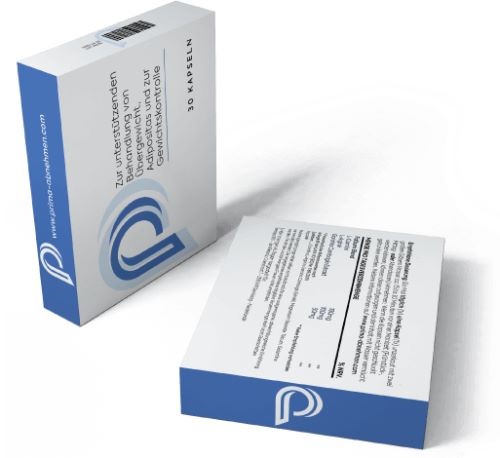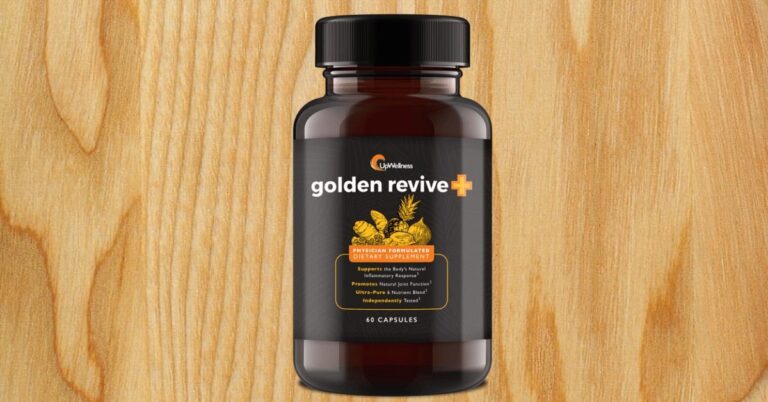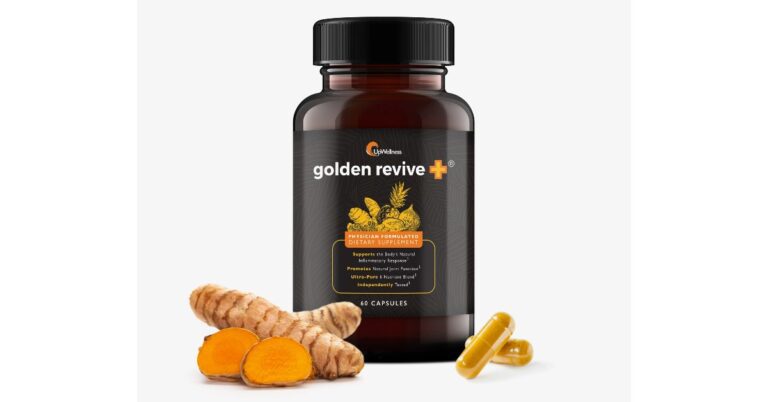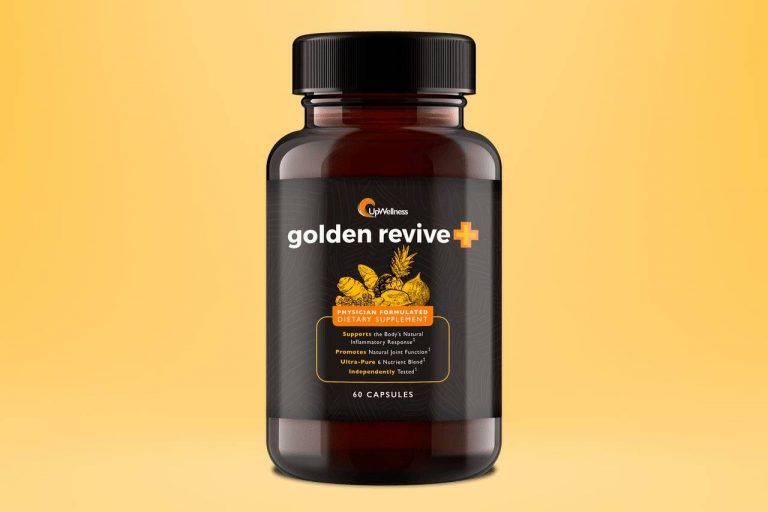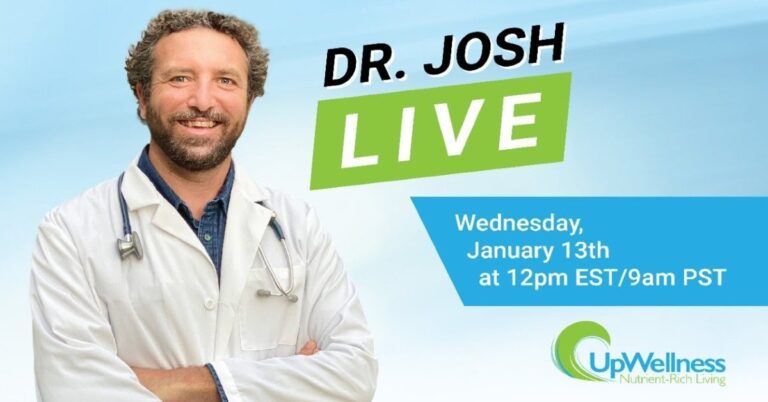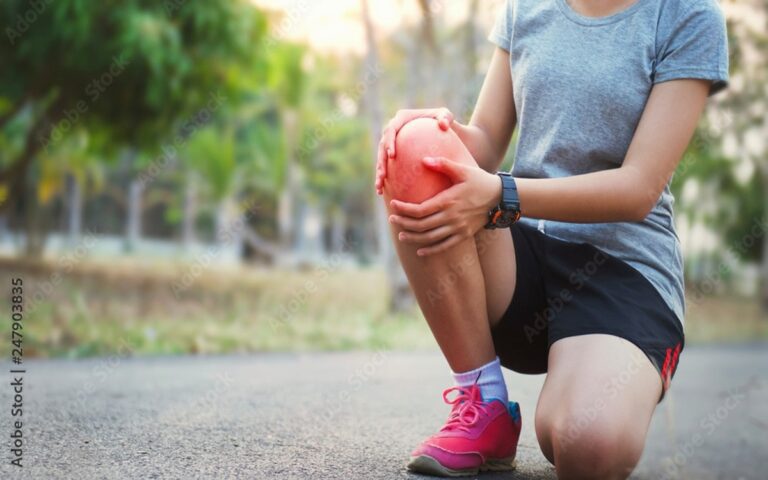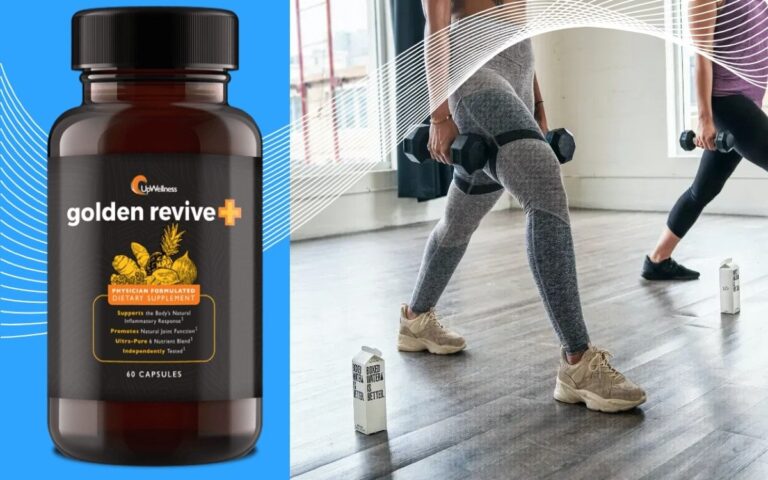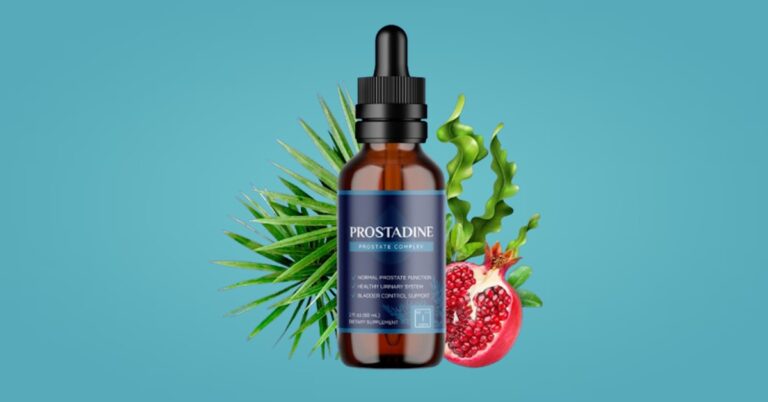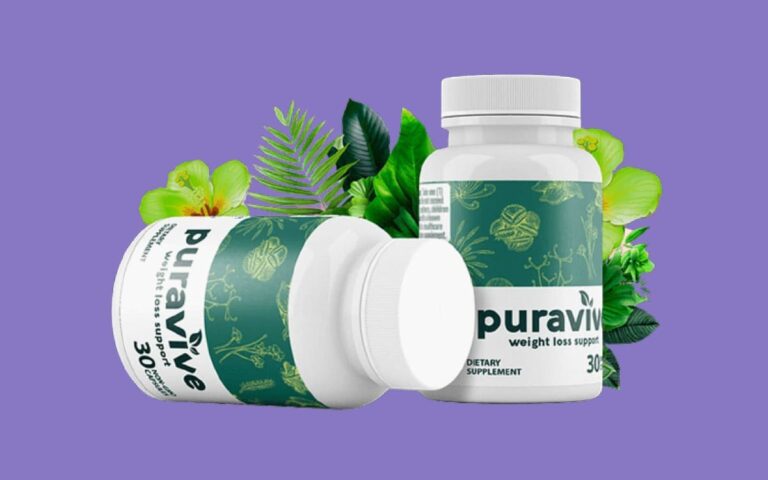The Best Fluffy Pancakes recipe you will fall in love with. Full of tips and tricks to help you make the best pancakes.
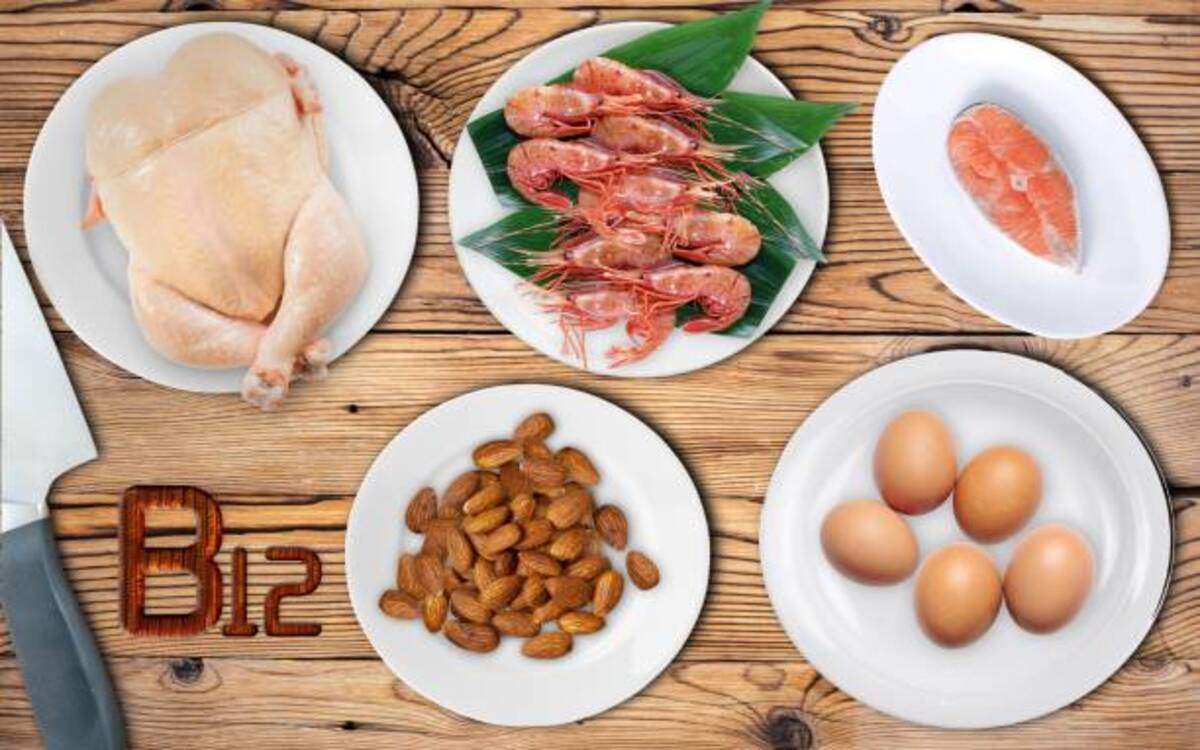
Vitamin B12, also known as cobalamin, is an essential nutrient that plays a critical role in many bodily functions. Vitamin B12 is an essential nutrient that your body can’t make on its own, so you need to get it from your diet or supplements. You will learn below the top 10 foods that are high in vitamin B12.
Vitamin B12 is involved in red blood cell formation, DNA synthesis, energy production, and neurological function. It also supports immune system health and helps regulate homocysteine levels, an amino acid linked to heart disease.
What Foods Are Good for Vitamin B12? Without adequate vitamin B12 levels, the body’s ability to function properly becomes compromised.
Deficiency can cause fatigue, weakness, constipation, loss of appetite, weight loss, neurological changes like numbness and tingling in the hands and feet, depression, poor memory, and megaloblastic anemia.
Getting enough vitamin B12 is vital for people of all ages. Infants need vitamin B12 for growth and development. Children and adolescents require B12 for energy, focus, and academic performance.
Adults need vitamin B12 for energy levels, mood regulation, heart health, and digestive regularity. Vitamin B12 also becomes especially important as we age when absorption can become less efficient.
Also Read: How To Heal Bone-on-Bone Joint Pain Permanently
Deficiency Risks
Certain people have an increased risk of B12 deficiency:
- Vegetarians and vegans since B12 is naturally present in animal products only
- Older adults due to decreased absorption of B12
- Individuals with gastrointestinal conditions affecting absorption like celiac disease or Crohn’s disease
- People on acid-reducing medications, Metformin, or nitrous oxide
- Those with pernicious anemia, an autoimmune condition affecting intrinsic factor needed for B12 absorption
It’s common for older people to have some level of vitamin B12 deficiency.
The average adult should get 2.4 micrograms (mcg) of vitamin B12 a day, which often can be reached by ensuring people add certain everyday foods to their diet, like fortified cereal, certain fish, yogurt, and low-fat milk.
The Role of Diet in Maintaining Adequate Levels
Diet plays a central role in obtaining enough vitamin B12. While some B12 analogs are produced by bacteria, plants, algae, and fungi, only animal products contain significant amounts of the active form of B12.
Eggs, meat, fish, and dairy are naturally abundant in B12 and essential to prevent deficiency in most cases.
Fortified foods provide the only non-animal sources of B12. With the vitamins added during processing, fortified foods like plant milk, nutritional yeast, and cereals can help vegetarians and vegans meet their needs.
Supplements offer another dietary source when optimal amounts cannot be obtained from food alone.
With tablets, drops, sublingual, injections, and nasal gels available, supplementation can effectively prevent inadequacy.
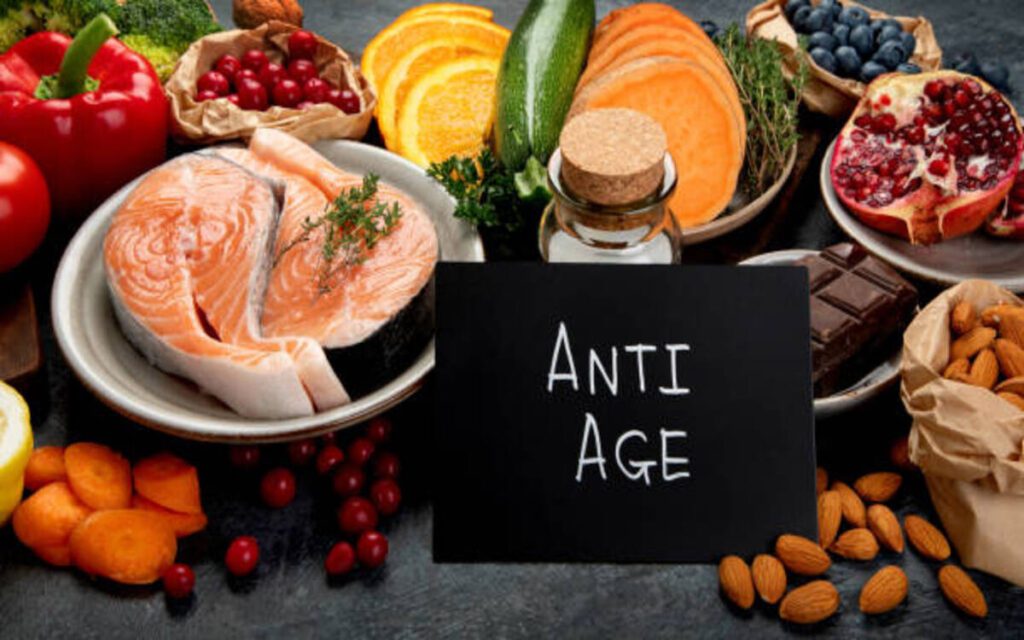
Top 10 Vitamin B12 Foods high in vitamin b12 and Their Benefits
B12 has been shown to support immunity, combat depression, and healthy hair. Try these top 10 vitamin B12 foods to get your daily dose of foods high in vitamin b12.
| Food | Serving | Micrograms B12 | % DV |
|---|---|---|---|
| Beef liver | 100 g | 105.8 | 4,367% |
| Clams | 100 g | 98.9 | 4,121% |
| Salmon | 100 g | 4.8 | 200% |
| Tuna | 100 g | 2.5 | 104% |
| Nutritional yeast | 2 tbsp | 3.9 | 163% |
| Fortified cereal | 1 serving | 1.5-6 | 63-250% |
| Fortified plant milk | 1 cup | 1.2-2.4 | 50-100% |
| Beef | 100 g | 2.1 | 88% |
| Cheese | 1 oz | 1.2 | 50% |
| Eggs | 1 large | 0.6 | 25% |
A key nutrient for keeping us healthy, discover some of the best foods and sources of vitamin B12 in our guide. From meats to vegan sources, learn more.
- Beef liver – 100 grams contains 105.8 mcg B12 (4,367% DV)
- Clams – 100 grams contains 98.9 mcg B12 (4,121% DV)
- Salmon – 100 grams contains 4.8 mcg B12 (200% DV)
- Tuna – 100 grams contains 2.5 mcg B12 (104% DV)
- Nutritional yeast – 2 tablespoons contain 3.9 mcg B12 (163% DV)
- Fortified cereal – 1 serving contains 1.5-6 mcg B12 (63-250% DV)
- Fortified plant milk – 1 cup contains 1.2-2.4 mcg B12 (50-100% DV)
- Beef – 100 grams contains 2.1 mcg B12 (88% DV)
- Cheese – 1 ounce contains 1.2 mcg B12 (50% DV)
- Eggs – 1 large egg contains 0.6 mcg B12 (25% DV)
The top sources include organ meats like liver, shellfish like clams, fatty fish like salmon, fortified foods like plant milk and cereal, and other animal products like beef, cheese, eggs, and yogurt. Aim to get 2.4 mcg of B12 daily from foods or supplements.
Also Read: Secret To Keep Your Blood Below 100 mg/dl At All Time
Sources of Vitamin B12 – Foods You Should Eat if You Have a B12 Deficiency
Animal Products
Meat
Beef, lamb, and other red meats are excellent sources, providing between 1.4-5.4 micrograms per 100 grams.
Poultry such as chicken and turkey supply between 0.3-0.7 micrograms per 100 grams.
Pork provides between 0.7-1.0 micrograms per 100 grams.
Organ meats like liver are particularly rich in B12, with beef liver containing over 100 micrograms per 100 grams.
Fish
Fish and shellfish tend to be high in vitamin B12. Clams provide over 98 micrograms per 100 gram serving. Trout contains 5 micrograms per 100 grams. Tuna, salmon, and cod supply 2.5-6 micrograms per 100 gram serving.
Dairy Products
Dairy foods contain modest amounts of B12. One cup of whole milk provides 1.2 micrograms while one cup of plain yogurt has 1.4 micrograms. Natural cheeses like cheddar and mozzarella contain around 1.0-1.5 micrograms per ounce.
Eggs
One large egg supplies about 0.6 micrograms of vitamin B12, making eggs a helpful addition to a B12 rich diet.
Fortified Foods
Plant-Based Milk Alternatives
With the vitamin added during processing, one cup of fortified soy, almond, coconut, hemp, oat, or rice milk provides at least 1.2 micrograms. Enriched with vitamins and minerals, these products help vegetarians obtain sufficient B12.
Cereals
Many popular breakfast cereals are fortified with B12. One serving can provide between 1.5-6.0 micrograms, though amounts vary significantly between brands. Checking labels helps identify options highest in B12.
Nutritional Yeast
Derived from a deactivated yeast, two tablespoons of nutritional yeast flakes provide around 3.9 micrograms of vitamin B12. Nutritional yeast is often used by vegans as a cheese substitute and B12 source.
Supplements
Those unable to meet needs through diet alone can take vitamin B12 supplements. Supplements are recommended for vegetarians and vegans as well as those with absorption issues. Various forms like methylcobalamin and cyanocobalamin are available as tablets, drops, sublinguals, injections and nasal gels.
Related Article: Vitamins for Joint Pain and Stiffness – The 5 Top Best Supplements
Foods Rich in Vitamin B12
Detailed List of Animal Products High in B12
| Food | Serving | Micrograms B12 |
|---|---|---|
| Beef liver | 100 grams | 105.8 |
| Clams | 100 grams | 98.9 |
| Crab | 100 grams | 9.8 |
| Trout | 100 grams | 5.4 |
| Salmon | 100 grams | 4.8 |
| Tuna | 100 grams | 2.5 |
| Beef | 100 grams | 2.1 |
| Cheese | 1 ounce | 1.2 |
| Yogurt | 1 cup | 1.4 |
| Egg | 1 large | 0.6 |
| Chicken | 100 grams | 0.3 |
As shown, organ meats, shellfish, fatty fish, and red meat provide the highest amounts of B12 per serving among animal products. Incorporating these foods regularly is important for omnivores seeking to maintain adequate B12 status.
Fortified Foods with B12 and Their Benefits
| Food | Serving | Micrograms B12 | Benefits |
|---|---|---|---|
| Nutritional yeast | 2 tbsp | 3.9 | Vegan “cheese” substitute; umami flavor |
| Fortified cereal | 1 serving | 1.5-6.0 | Convenient breakfast option |
| Fortified milk alternative | 1 cup | 1.2-2.4 | Non-dairy source; low in saturated fat |
As shown, fortified foods can meaningfully contribute to vitamin B12 intake for those following plant-based diets. Checking labels helps identify products providing at least 1.5 micrograms per serving.
Integrating B12-Rich Foods into a Balanced Diet
To obtain enough vitamin B12, integrate a variety of B12-containing foods into a healthy, balanced diet:
- Consume B12-rich animal products like eggs, yogurt, cheese, fish, shellfish, poultry, pork, and lean red meat several times per week.
- Enjoy fortified foods like plant milk, cereals, and nutritional yeast daily. Check labels and aim for at least 1.5 micrograms B12 per serving.
- Take a B12 supplement providing at least 2.4 micrograms per day or as advised by your healthcare provider. Those on plant-based diets or with absorption issues should supplement.
Pair B12 sources with plenty of fruits, vegetables, whole grains, legumes, nuts, seeds, and healthy fats. A nutritious, varied diet containing adequate vitamin B12 provides energy, supports neurological function, and promotes wellness.
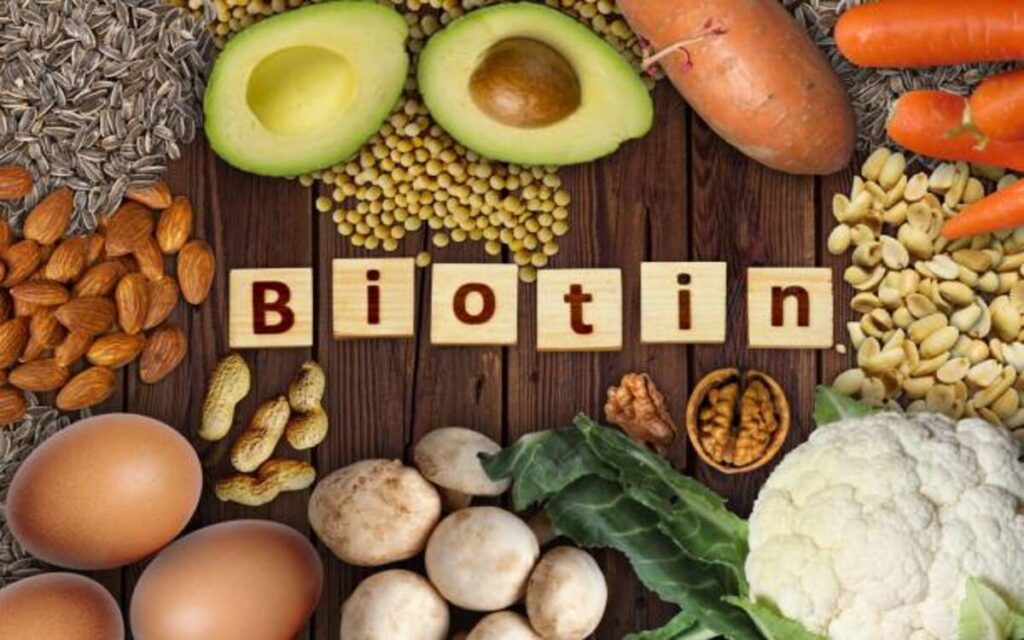
Also Read: #1 Treatment For Erectile Dysfunction That Fix Erection Problems and Delivered Real Result
Tips for Incorporating Vitamin B12 Into Your Diet
Meal Planning Strategies
- Prepare a breakfast smoothie with fortified plant milk, fruit, spinach, and nutritional yeast.
- Enjoy eggs cooked any style along with avocado toast and fresh fruit for breakfast.
- Make a vegetarian lunch bowl with brown rice, black beans, roasted sweet potato, salsa, guacamole, and sprinkled nutritional yeast.
- Bake salmon and pair with quinoa pilaf and roasted Brussels sprouts for dinner.
- Snack on hummus with veggie sticks along with string cheese for protein.
- Make overnight oats using fortified plant milk and top with fresh berries.
Cooking Techniques to Retain B12 Content
- Avoid overcooking meats and seafood since excess heat can destroy B12. Quick cook proteins by grilling, sautéing, baking, or broiling instead of boiling for prolonged periods.
- Be gentle when reheating cooked B12-rich foods like soups, stews, and casseroles to preserve nutrients.
- When cooking vegetables, steam or quickly stir-fry instead of boiling to maximize retention of water-soluble B12.
Alternative Sources for Vegetarians and Vegans
- Choose a daily vitamin containing at least 2.4 mcg of B12 or take a dedicated B12 supplement.
- Opt for B12 fortified milk substitutes and look for “vitamin B12” on ingredient lists of other common foods like breakfast cereal, bread, and imitation meat products.
- Use nutritional yeast as a seasoning to add savory flavor and B12 to dishes like pasta, soups, popped popcorn, and roasted vegetables.
- Consider probiotic supplements as some contain added B12 or consume vitamin B12 enriched probiotic foods including yogurt, kefir, kimchi, and kombucha. Check labels for B12 content.
Vitamin B12 Absorption
Factors Affecting Absorption
Several factors can affect absorption and increase the risk of B12 deficiency:
- Age: Absorption decreases with age, with rates dropping to about 50% absorption in older adults.
- Digestive disorders: Conditions like celiac disease, Crohn’s disease, colitis, atrophic gastritis, and intestinal surgery can impair absorption.
- Medications: Long-term use of antacids, Metformin, and PPIs can reduce absorption along with nitrous oxide anesthesia.
- Autoimmune disorders: Pernicious anemia prevents adequate absorption of vitamin B12.
Enhancing Absorption
To enhance vitamin B12 absorption:
- Consume B12 sources several times throughout the day in smaller doses rather than one large dose to allow for better absorption over time.
- Chew foods thoroughly and let them linger in the mouth to release B12 from proteins before swallowing.
- Take supplements on an empty stomach whenever possible as food can interfere with absorption. Avoid taking supplements at the same time as coffee or calcium supplements.
- Treat underlying gut disorders impacting absorption like celiac disease.

Deficiency and Overdose of Vitamin B12
Symptoms
Deficiency symptoms may include:
- Fatigue, weakness
- Numbness or tingling in hands and feet
- Difficulty walking
- Vision loss
- Cognitive problems like memory loss or brain fog
- Depression, mood changes
- Megaloblastic anemia
Excessively high B12 levels may potentially cause:
- Itchy skin or rashes
- Acne
- Anxiety
- Headache
- Sleep disturbances
- Nausea
- Vomiting
- Diarrhea
However, overdose is rare since excess B12 is typically excreted in urine.
Treatment
B12 deficiency is treated with supplements taken as tablets or injections to restore levels. For those unable to properly absorb B12 from foods, ongoing supplementation or periodic injections may be necessary.
Mild symptoms from excessive B12 intake can be managed by stopping supplements. More severe reactions could require medical treatment to address low potassium levels or other imbalances.
Conclusion
Recap of the Importance of Vitamin B12
Vitamin B12 is an essential nutrient needed for red blood cell formation, neurological function, DNA production, growth and development, and overall health and well-being.
Low levels can cause fatigue, weakness, and long-term consequences like permanent nerve damage and anemia if left untreated.
Getting adequate B12 is especially important for those following plant-based diets as deficiency poses a greater risk.
Summarize the Best Food Sources for Getting Adequate B12
The best food sources of vitamin B12 include:
- Animal products like meat, poultry, fish, eggs, milk, yogurt, and cheese
- Fortified foods and supplements such as plant milks, breakfast cereals, nutritional yeast, energy bars, vitamin tablets, and injections
Seafood, red meat, organ meats like liver, and animal products supply significant amounts of the bioactive form of B12.
Fortified plant foods and supplements provide the only sources for vegetarians and vegans, making them essential to prevent inadequacy.
What Foods Are Good for Vitamin B12? Final Tips for Maintaining Healthy B12 Levels Through Diet
- Consume a variety of B12-rich animal products if following an omnivorous diet
- Check labels and enjoy fortified plant foods like non-dairy milks and breakfast cereal
- Use nutritional yeast to add savory flavor and B12 to dishes
- Take a daily B12 supplement or multivitamin with adequate B12
- Treat any digestive disorders potentially impacting absorption
- Ask your doctor about B12 deficiency screening if at higher risk
Getting 2.4 to 3 mcg of vitamin B12 daily from food and/or supplements will help maintain optimal levels for health, energy, and well-being.
FAQs – Frequently Asked Questions on What Foods Are Good for Vitamin B12
What are some methylcobalamin-rich foods?
Methylcobalamin is the bioactive form of vitamin B12 found naturally in animal products including meat, poultry, fish, eggs, dairy products like milk and yogurt, and liver.
Supplements formulated with methylcobalamin are also available.
What are the best vitamin B12 foods for vegetarians?
The best vitamin B12 foods for vegetarians include fortified milk alternatives like soy, almond, and coconut milk, fortified cereals and grains, nutritional yeast, and vitamin B12 supplements like a daily multivitamin. Eggs and dairy products also provide B12 for lacto-ovo vegetarians.
What are some foods high in folate?
Folate is the natural form of vitamin B9 found in many foods. Good dietary sources of folate include dark leafy greens like spinach, legumes including lentils and beans, asparagus, avocado, brussels sprouts, broccoli, citrus fruits, nuts, and seeds.
What are the symptoms of vitamin B12 deficiency?
Common symptoms of vitamin B12 deficiency include fatigue, weakness, constipation, loss of appetite, weight loss, numbness and tingling in hands and feet, depression, confusion, poor memory, and megaloblastic anemia.
Deficiency can also lead to neurological changes and permanent nerve damage if left untreated.
What are some vitamin B12 supplements?
Some vitamin B12 supplements include tablets, sublingual drops or sprays, injections, and nasal gels.
Different forms like cyanocobalamin, methylcobalamin, and hydroxocobalamin are available. Supplements typically provide between 25-100 mcg per tablet or serving.
What is the recommended vitamin B12 dosage for adults?
The recommended daily vitamin B12 dosage for adults is 2.4 mcg. Therapeutic doses to correct deficiency may be higher, with typical recommendations between 25-100 mcg taken daily.
Those with absorption issues may need B12 injections prescribed by a doctor for adequate intake. Always speak with a healthcare provider about proper supplemental dosing.
References
Here are 4 reference links related to vitamin B12 foods:
- NIH Office of Dietary Supplements Fact Sheet on Vitamin B12.
- Harvard Health article on vitamin B12 deficiency.
- Medical News Today article on the top 10 vitamin B12-rich foods.
- Linus Pauling Institute page on vitamin B12 and health.
- Dragons Den Weight Loss Gummies UK Reviews – #1 Dragons Den Weight Loss Gummies, Ingredients, Price and Where to Buy -
- Dragons Den UK Weight Loss Pill Reviews Holly Willoughby Weight Loss – UK #1 Slimming Capsule? -
- Weight Loss Pills Dragons Den UK – How Older Women Lose Weight with UK #1 Weight Loss Capsules Safely, Quickly & Effectively -

